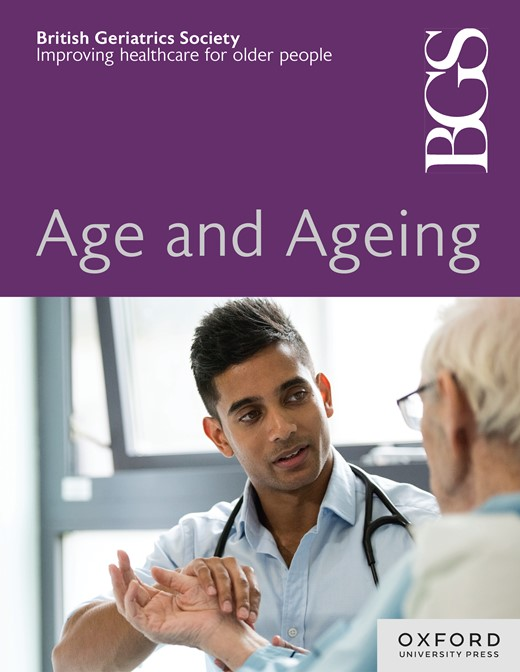We should not fear assisted dying
IF 6
2区 医学
Q1 GERIATRICS & GERONTOLOGY
引用次数: 0
Abstract
The argument for allowing assisted dying (ad) is based on two principles: (i) respect for autonomy and (ii) adequate safeguards to avoid coercion or abuse. We should ensure that ad is accessible, equitable and regulated. It is wrong, without very good reason, to impose a set of beliefs on other people who do not hold those views. We should therefore not impose an obligation to go on living if an individual considers that it is associated with unwanted suffering, distress, dependency, indignity or cost. We should accept, and provide for, diversity and variation in people’s views on ad. The right to refuse life-prolonging therapies, or to have drugs to control distressing symptoms that incidentally shorten life, is well-established. The ethical distinction between these and ad is arguable. Worldwide, most people who choose to end their lives, are already close to death. Some people need protection from the possibility of their lives being ended when they did not intend or want it. However, older people are capable of making informed decisions on serious matters, with or without the support of others. To suggest otherwise is paternalistic and ageist. Multiple jurisdictions worldwide have developed and use effective safeguards. In these countries, ad is mostly welcomed and has not led to undue legal, social or human rights problems. Legal provision for ad is both desirable and necessary.我们不应该害怕安乐死
允许协助死亡(ad)的论点基于两个原则:(i)尊重自主权和(ii)有足够的保障以避免胁迫或虐待。我们应该确保广告的可及性、公平性和规范性。在没有充分理由的情况下,把一套信仰强加给不持有这些观点的人是错误的。因此,如果一个人认为活下去会带来不必要的痛苦、痛苦、依赖、侮辱或成本,我们就不应该强迫他有义务继续活下去。我们应该接受并提供人们对广告看法的多样性和多样性。拒绝延长生命的治疗,或拒绝使用药物来控制可能缩短生命的痛苦症状的权利是公认的。这些和广告之间的道德区别是有争议的。在世界范围内,大多数选择结束生命的人已经接近死亡。有些人需要保护,以免他们的生命在他们不打算或不希望的情况下结束。然而,无论有没有他人的支持,老年人都有能力在重大问题上做出明智的决定。不这么认为是家长式的和年龄歧视。世界各地的多个司法管辖区已经制定并使用了有效的保障措施。在这些国家,广告大多受到欢迎,并没有导致不当的法律、社会或人权问题。法律对广告的规定既是可取的,也是必要的。
本文章由计算机程序翻译,如有差异,请以英文原文为准。
求助全文
约1分钟内获得全文
求助全文
来源期刊

Age and ageing
医学-老年医学
CiteScore
9.20
自引率
6.00%
发文量
796
审稿时长
4-8 weeks
期刊介绍:
Age and Ageing is an international journal publishing refereed original articles and commissioned reviews on geriatric medicine and gerontology. Its range includes research on ageing and clinical, epidemiological, and psychological aspects of later life.
 求助内容:
求助内容: 应助结果提醒方式:
应助结果提醒方式:


